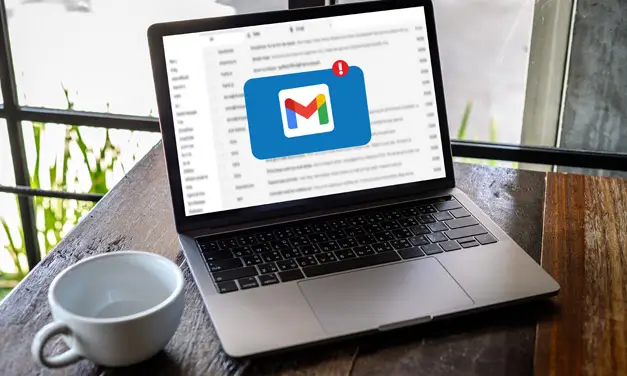
Have you ever wondered what the most common email alias is? Email aliases are typically public email addresses, for example, [email protected], used in addition to your private email address (usually your name).
Here at 101domain, we have access to data on the most common email alias registrations because many of our customers purchase a mailbox with their domain name. Whether you’re just starting a business and wondering what your first email alias should be, or you are a more established business wondering what the forwarding email to your PR department should be, here are the most commonly registered email aliases.
About the email alias data
We used a cross-section of over 200,000 email registrations from our data set. From a statistics standpoint, we have confidence that our data is a representation of email alias trends globally as we serve clients in over 180 countries.
How do you create email aliases?
People often purchase email alongside their domain, giving them a custom email at their domain name. Most email platforms enable you to create additional email addresses in addition to your primary address. For example, you set up a primary user with Google Workspace and also get 30 Gmail email aliases and 100+ google groups distribution email lists per user. Our Web Hosting plans allow you to create up to 100 additional email addresses.

How (and why) you should use gmail email aliases
If you have a personal Gmail email address or use Gmail with your Google Workspace account, then we have two ways you can use Gmail email aliases to improve your inbox productivity.

What’s the difference: users, aliases, and domain aliases
We’re here to set the record straight and help you maximize your Google Workspace account. There is a simple way to determine whether you need another user or just an email alias address.
The most common email aliases
While personal names might make up the overwhelming majority of registered emails, the most commonly registered email aliases clearly belonged to department emails.
Intuitively, it makes sense that the most commonly registered email aliases are department names rather than personal names. It is far more likely that there are more “marketing@” marketing department email registrations than “ben@” email registrations.
Below is a chart showing the top 10 most commonly registered email aliases from our data set:
The top 30 email aliases
- info@
- support@
- sales@
- contact@
- hello@
- editor@
- admin@
- webmaster@
- privacy@
- marketing@
- jobs@
- press@
- careers@
- help@
- news@
- feedback@
- media@
- hr@
- advertising@
- events@
- pr@
- legal@
- team@
- customerservice@
- service@
- editorial@
- office@
- advertise@
- mail@
- partners@
Data analysis and findings
Not surprisingly, info@ is the most commonly registered email alias, followed by support@ and sales@. If you’re looking to create your first email on a new domain, it might be helpful, from a credibility standpoint, to simply go with info@ since it is what clients would expect to see—as opposed to something less common, like business@.
In general, more established companies have an email for each department to direct mail to that department’s team. If you’re a small business looking for a slight lift in credibility, consider creating a few of the most commonly registered department aliases to come off as a “more established” business. You can always forward these department-specific emails to your primary email address. If you’re fancy, you can have your primary email address categorize the incoming emails into their own folders.
An email that the 101domain team felt was missing in the top 30 was a “no reply” alias. Since it seems like a lot of email blasts from large companies come from a “no reply” alias, we were surprised to see that it wasn’t as commonly registered. The most common variations of a no-reply alias from our data are:
- noreply@
- no-reply@
- donotreply@
- no_reply@
- do-not-reply@
Try Google Workspace for Free

Email aliases are available with all Google Workspace editions. Get a custom email address (you@yourcompany) along with business versions of Gmail, Calendar, Meet, Chat, Drive, Docs, Sheets, Slides, Forms, and more. We’ve partnered with Google to let you try Google Workspace free for one month.